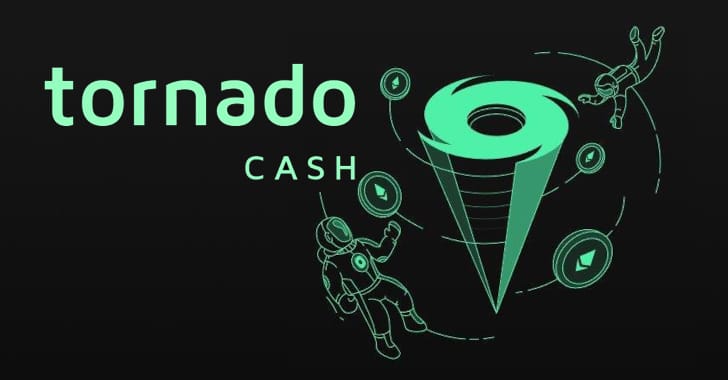US Court Overturns Sanctions on Tornado Cash for Crypto Privacy

The US District Court for the Western District of Texas has overturned sanctions previously imposed by the US Treasury's Office of Foreign Assets Control (OFAC) on the Ethereum mixing protocol known as Tornado Cash. This ruling marks a significant moment for advocates of privacy in the digital currency space, potentially heralding a new era of more permissive regulations for technologies that enhance privacy.
The original sanctions, enacted in August 2022, accused Tornado Cash of aiding the North Korean Lazarus Group in laundering over $455 million in stolen digital assets. These actions led to the arrest and subsequent conviction of one of Tornado Cash’s developers, Alexey Pertsev. In May 2024, Dutch judges at the s-Hertogenbosch Court of Appeal sentenced Pertsev to over five years in prison for his involvement in laundering $1.2 billion through the platform.
Despite this victory for Tornado Cash in the US, Pertsev continues to face legal challenges related to money laundering. His defense during the trial centered on the argument that he should not be held accountable for the actions of individuals abusing the protocol's capabilities. However, the Dutch court dismissed this, suggesting that further precautions could have been implemented by Pertsev and his co-founders to prevent such misuse.
Legal Reversal and Broader Impact
The decision to reverse the sanctions came after an appeal by six users of Tornado Cash who argued that OFAC exceeded its legal authority in blacklisting the service. The appeal filed in November 2024, emphasized that Tornado Cash's smart contracts, which are immutable and designed to enhance privacy, do not qualify as "property" that could be subject to sanctions under the International Emergency Economic Powers Act (IEEPA). The court's opinion was clear in stating that OFAC had overstepped its bounds, leading to the reversal and remand of the case back to the district court for additional proceedings.
This ruling has sparked discussions across the cryptocurrency and privacy technology sectors. For developers working on privacy-preserving tools, the decision is a beacon of hope, suggesting that the regulatory environment might be shifting to better accommodate the complexities of decentralized technologies. There's now a keen interest in how this legal precedent might influence future regulatory actions against similar technologies, especially those that operate on the principle of enhancing user privacy through cryptographic means.
The case of Tornado Cash exemplifies the ongoing tension between privacy rights and regulatory oversight in the rapidly evolving world of cryptocurrency. While the sanctions were aimed at curbing illicit financial activities, the court's decision underscores a need for a nuanced approach to regulation, one that respects the technological innovations aimed at providing privacy in an increasingly transparent digital world.

